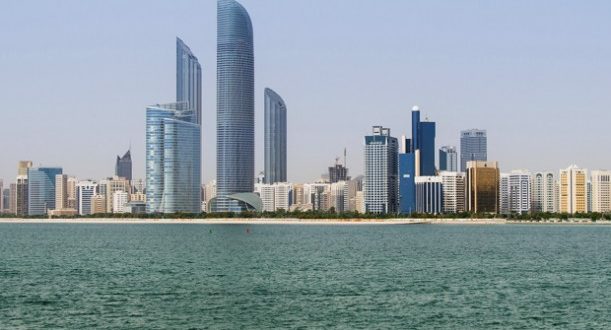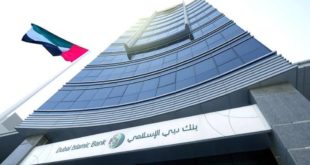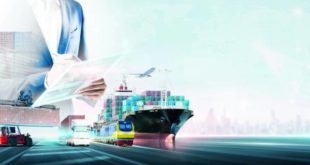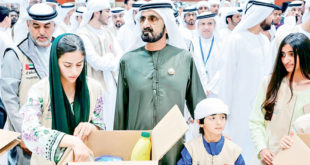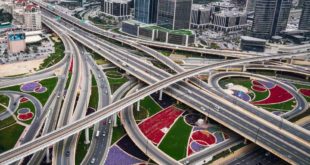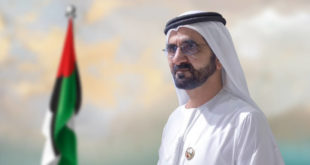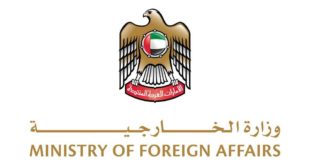Media IN Abu Dhabi: 30th-05-2019
In his lecture themed: “Redefining Wealth for an Economy of Permanence” Sukhdev said we are living in the Anthropocene, an age where humanity has become an ecological force that is changing the surface of the planet, from where we consume resources as if they are limitless. “We mismanage public wealth because we do not even measure it properly. Our current political and economic systems measure growth in a nation’s gross domestic product (GDP) and an organisation’s profit and loss as the determining factors of success.”
While at Yale, Pavan Sukhdev taught a graduate course on ”The Economics of Ecosystems and Biodiversity”,(TEEB) and wrote Corporation 2020, a book and movement about transforming business for tomorrow’s world by creating private profits without causing public losses. Countries need to move in the direction of an inclusive green and circular economy and conduct business more responsibly and transparently so as to achieve sustainable development. he said
Only 30 per cent of the UAE’s economic output comes from oil and gas, making it one of the most diversified economies in the Gulf, President of the World Wide Fund for Nature (WWF-International) Pavan Sukhdev told the majlis of His Highness Shaikh Mohammad Bin Zayed Al Nahyan, Crown Prince of Abu Dhabi and Deputy Supreme Commander of the UAE Armed Forces, on Wednesday.
“The UAE’s strategic plan for the next five years is to focus on further economic diversification – trade and tourism, improving education and increasing private sector employment,” said Sukhdev. “It also means evaluating the most important risks and opportunities moving forwards and doing so with a lens that recognises the many dimensions of wealth.”
Sukhdev, who is also special adviser and head of the UN Environment Programme’s (UNEP) Green Economy Initiative, said the UAE economy is home to many industries – petroleum and natural gas, real estate development, aluminum, cement, fertilisers, commercial ship repair, construction materials, logistics, handicrafts, textiles, food and beverage and fisheries.
He added that due to its natural heritage of oil and gas, 99 per cent of the UAE’s energy is sourced from fossil fuels, which are a key area of stranded-asset risk that needs to be managed, looking ahead.
“With Abu Dhabi’s ‘Economic Vision 2030’, the government has taken the right step in the direction of exploring the renewable energy sector,” said Sukhdev. “The government has reduced fuel subsidies and introduced an excise tax on sweetened beverages and on tobacco, thus reflecting the principle of ‘taxing the bads’. Together with risks, the opportunities are many, including in the UAE’s fastest growing industries, retail, hospitality, healthcare, food and beverages, marketing and advertising,”
Unsurprisingly Sukhdev said the private sector contributes a lion’s share to the UAE’s GDP — about 70.5 per cent in 2018 — so any transition towards a different model would need to engage and leverage the private sector’s contribution to UAE.
“Unless economic transformation and the right systems of measurement are put in place and incentives and disincentives are aligned to deliver change towards an economy of permanence, ‘business-as-usual’ behaviour by the private sector will continue to drive us towards exceeding our planetary boundaries; thereby putting our livelihoods at risk. That is a future that none of us can afford,” said Sukhdev.
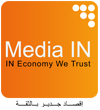 Media ININ Economy We Trust
Media ININ Economy We Trust

